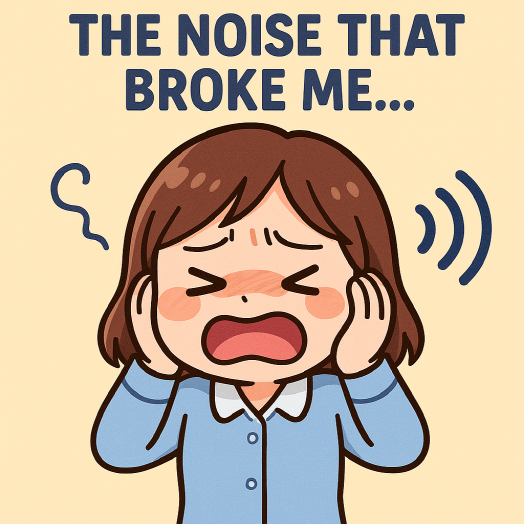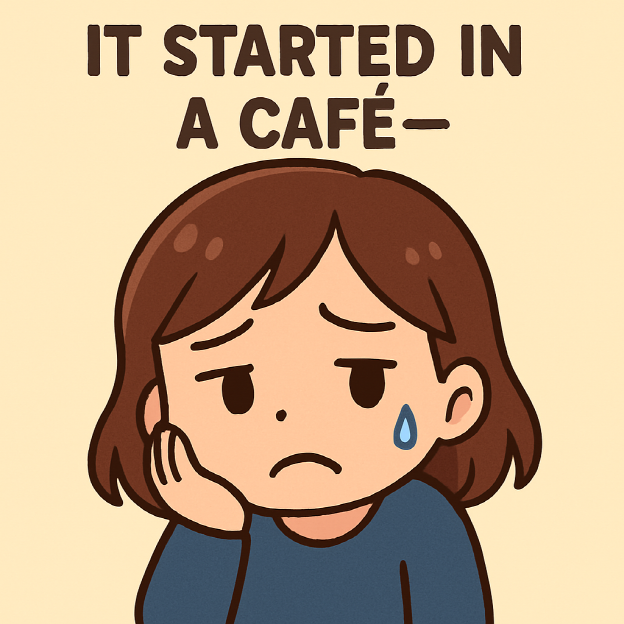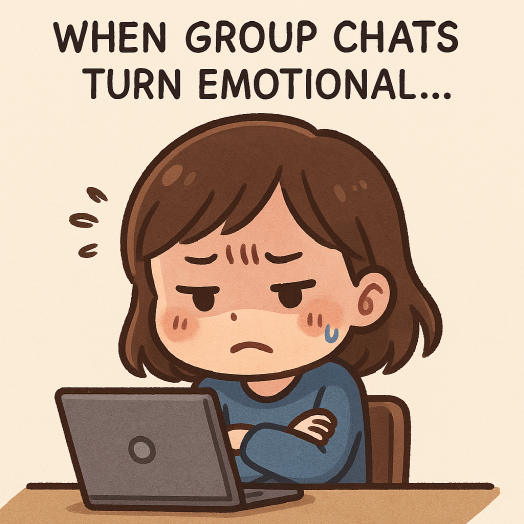
Chaos Story
She had been with the company for eight years.
Quiet, focused, and diligent.
Their small office had just four people—three men and herself—and usually stayed silent.
But then something changed.
It started subtly:
One male colleague, newly hired, kept clearing his throat. Loudly.
That guttural, mucus-rattling “kuhk” sound. Over and over again.
At first, she tried to ignore it. Everyone has allergies, right?
Then came the manager.
He didn’t just cough. He burped. He hiccupped.
He made strange humming noises every hour—”huh-huh-umm”—and answered calls on speakerphone in an irritated voice.
The sounds never stopped.
For hours, every day, like some bizarre background soundtrack to her work life.
And when the first man quit, she breathed a momentary sigh of relief…
But the manager remained.
One day, she couldn’t take it anymore.
“Director, why do you burp so often? I think I’m developing a nervous disorder.”
He replied:
“My digestion’s off.”
She added, trying to be polite:
“Please see a doctor. It’s hard to concentrate when I keep hearing it.”
To her surprise, he seemed to tone it down.
For a while.
But slowly, it started again.
The burps. The noises. The muttering.
And that’s when she realized… she wasn’t just annoyed anymore.
She had started talking to herself.
She caught herself scowling unconsciously.
Her chest felt tight every time she heard a sound.
She Googled the symptoms and found a word: Misophonia.
A sound sensitivity disorder. Triggered not by volume, but by repetition.
It wasn’t the work that was exhausting.
It was the constant mental defense she had to build—hour after hour—against sounds no one else seemed to notice.
Outside of work, it followed her.
If her child dropped something during dinner—headache.
At cafés with background noise—she had to leave early.
In loud places—she couldn’t sit still.
She even started covering ticking clocks with towels before going to bed.
It wasn’t just “work stress.”
It was sensory overload. And she had no idea how to fix it.
Was she just being too sensitive?
Or was this a real problem that no one talks about?
Some say:
“It’s an open office. You can’t expect silence. Learn to deal with it.”
Others say:
“There’s a line between normal noise and repetitive disturbance. Especially when it starts affecting your mental health.”
What do you think?


